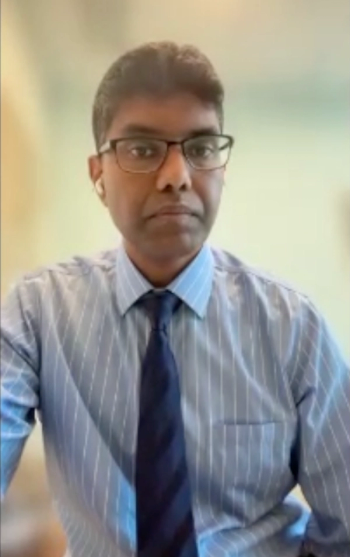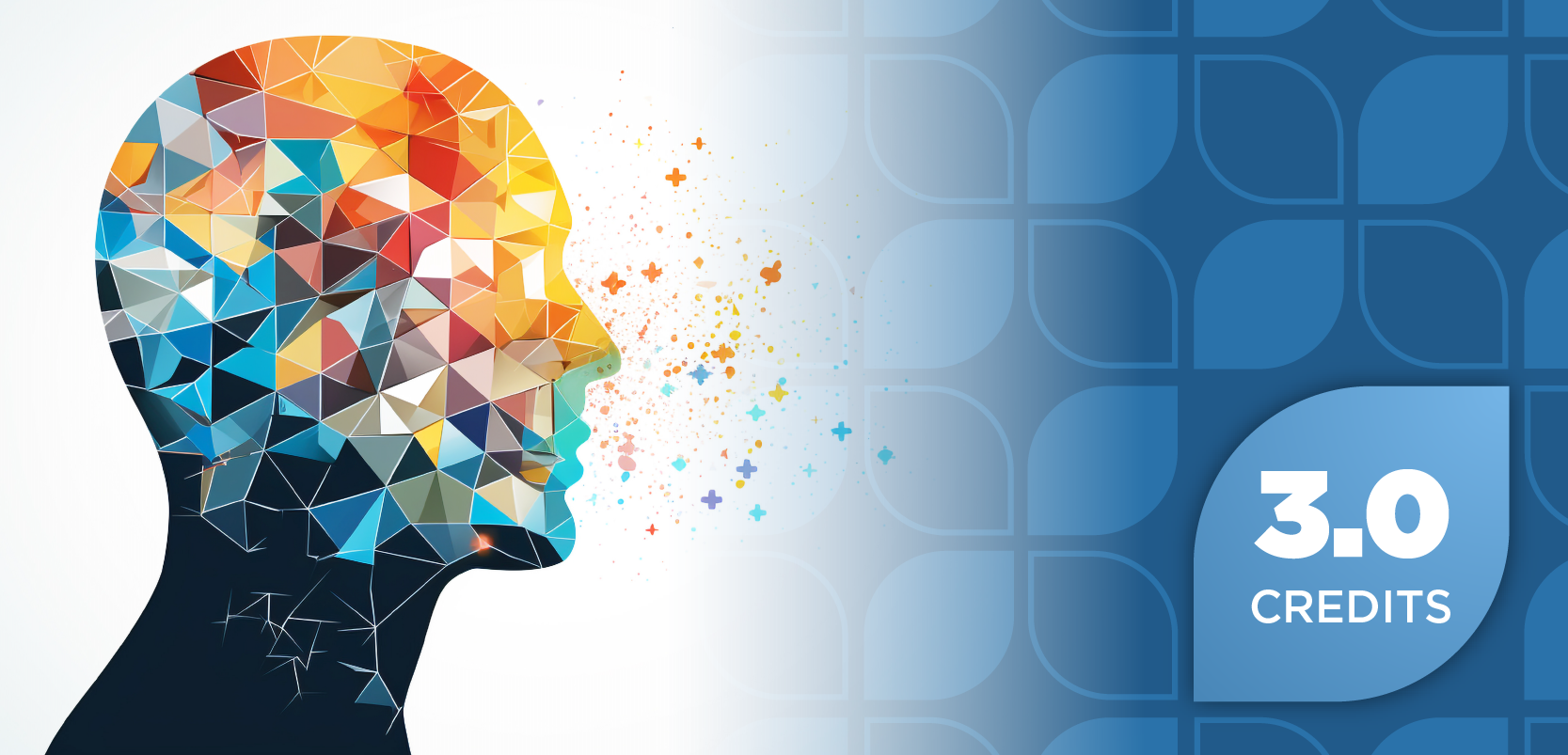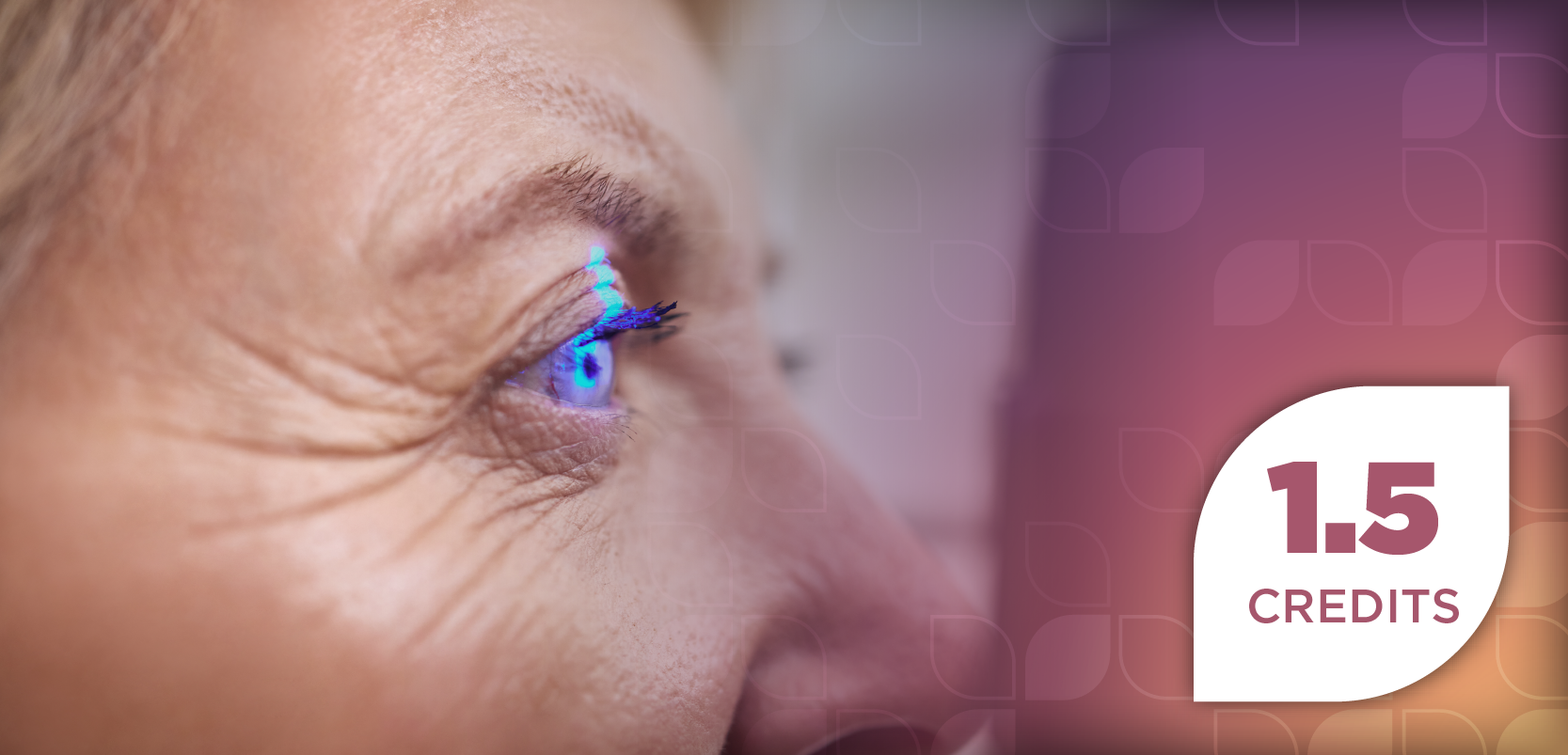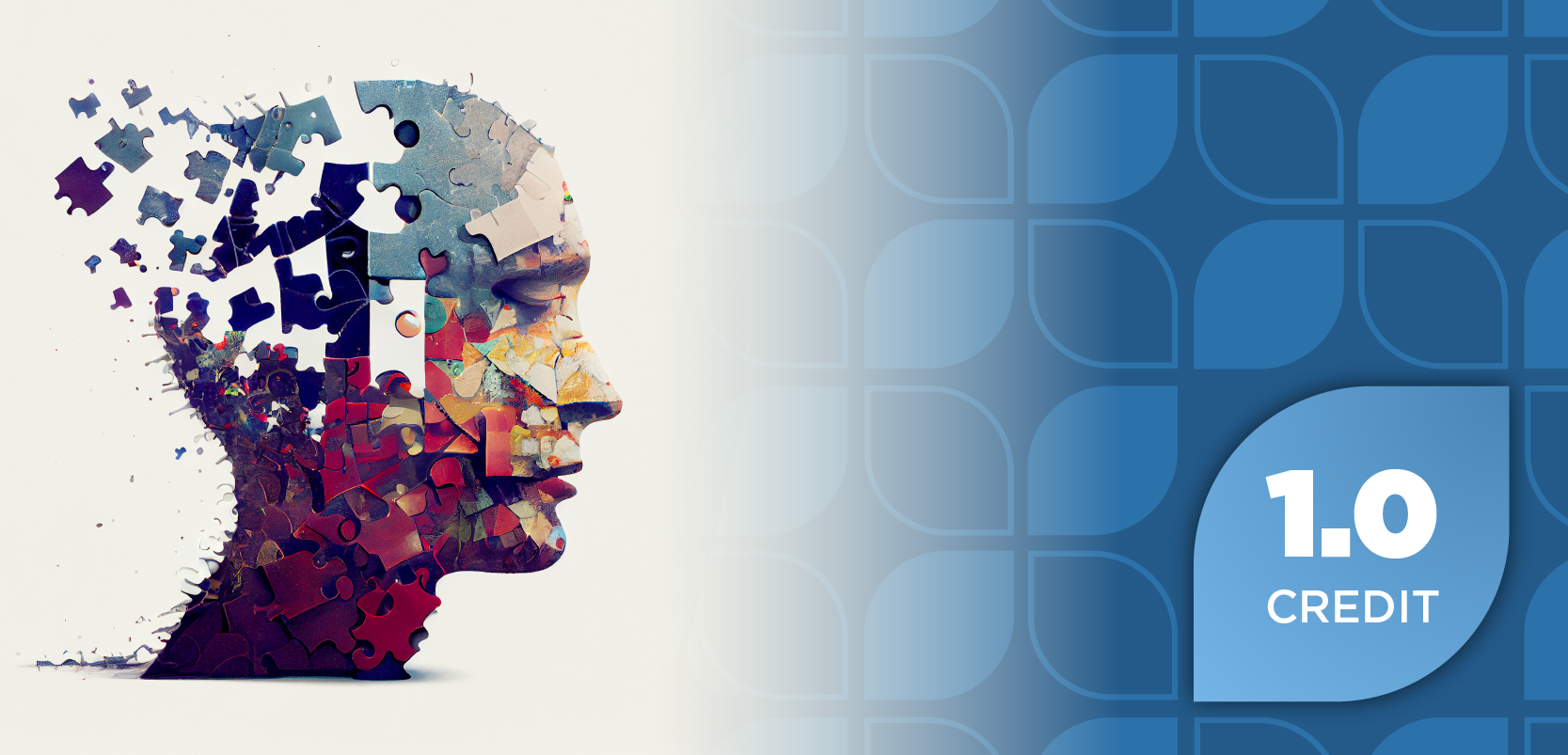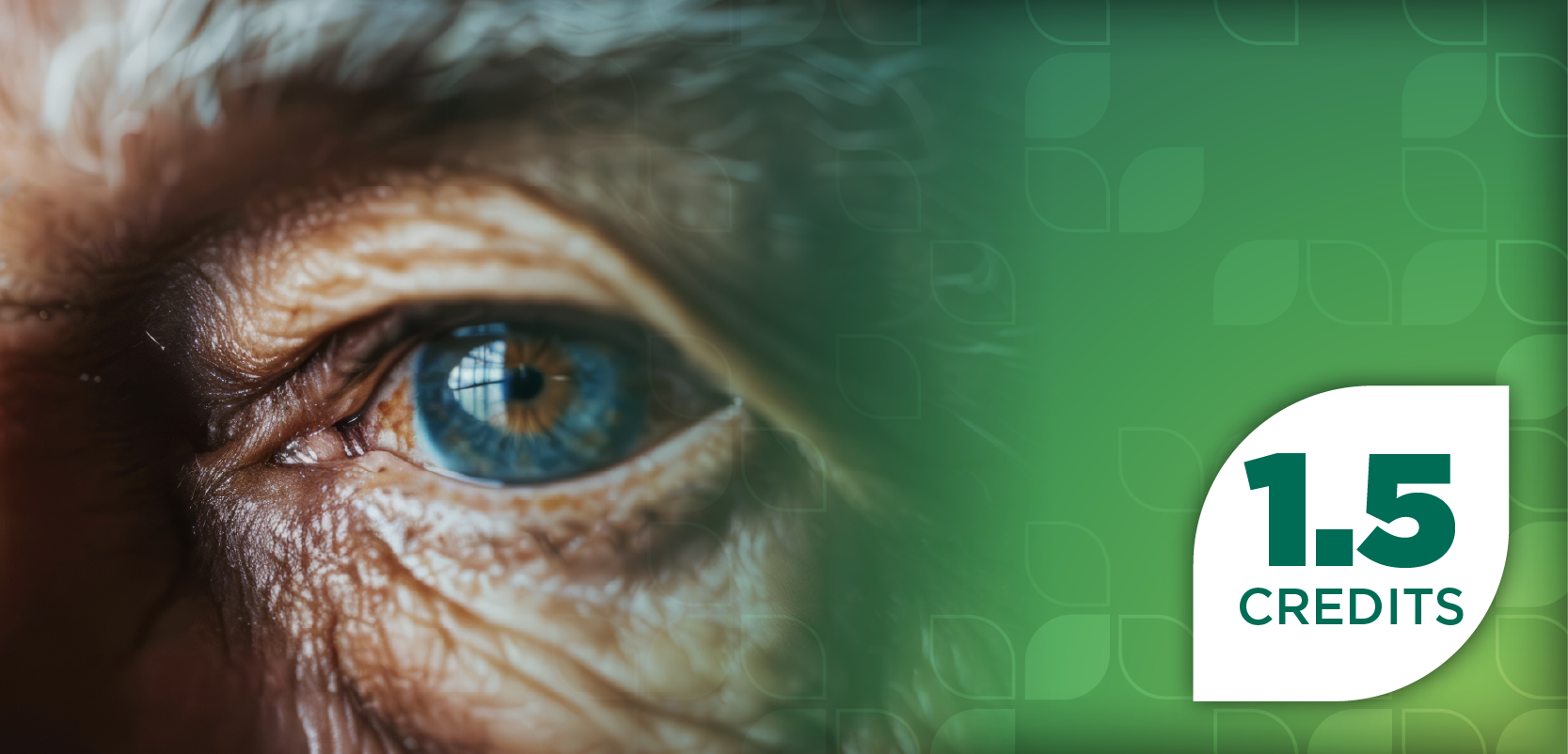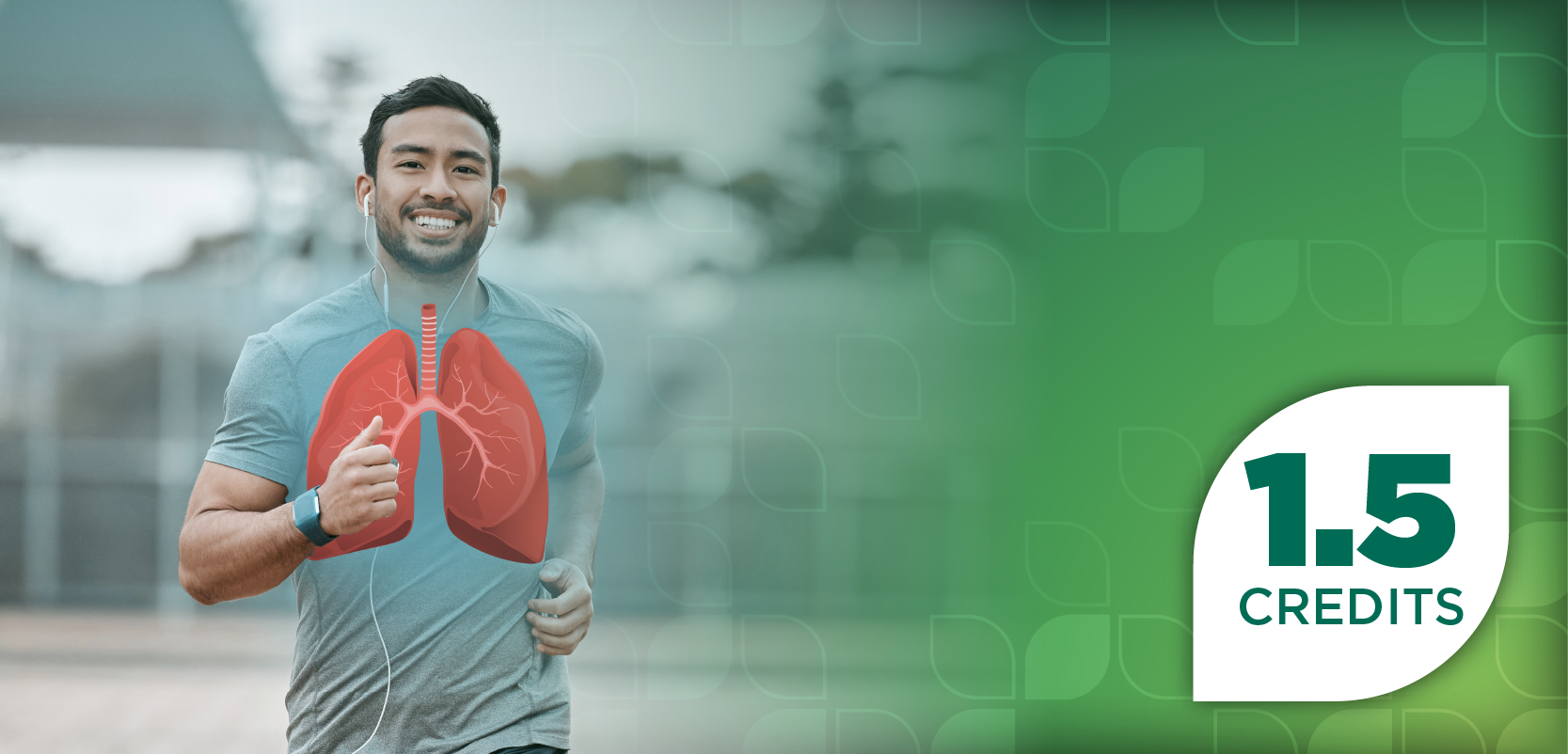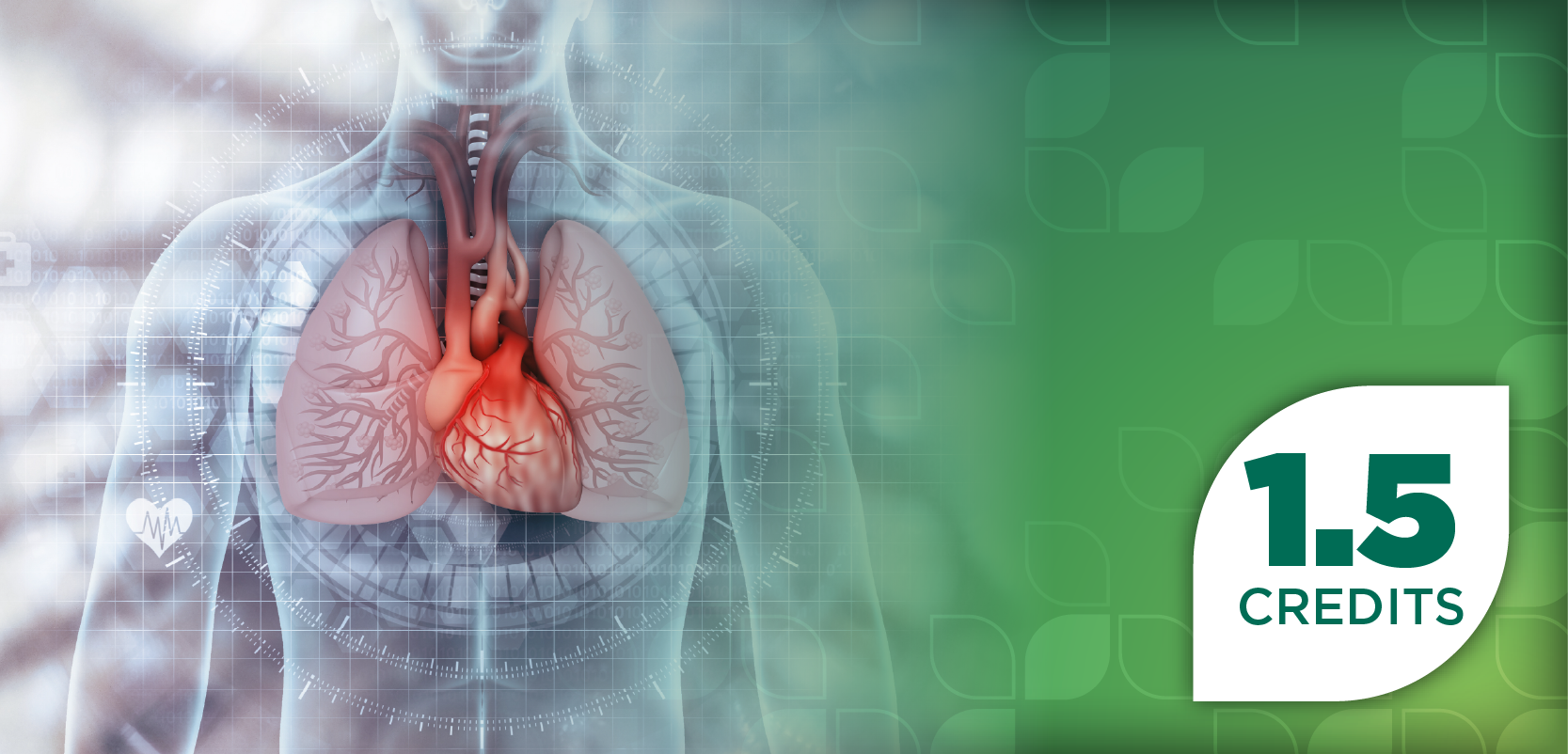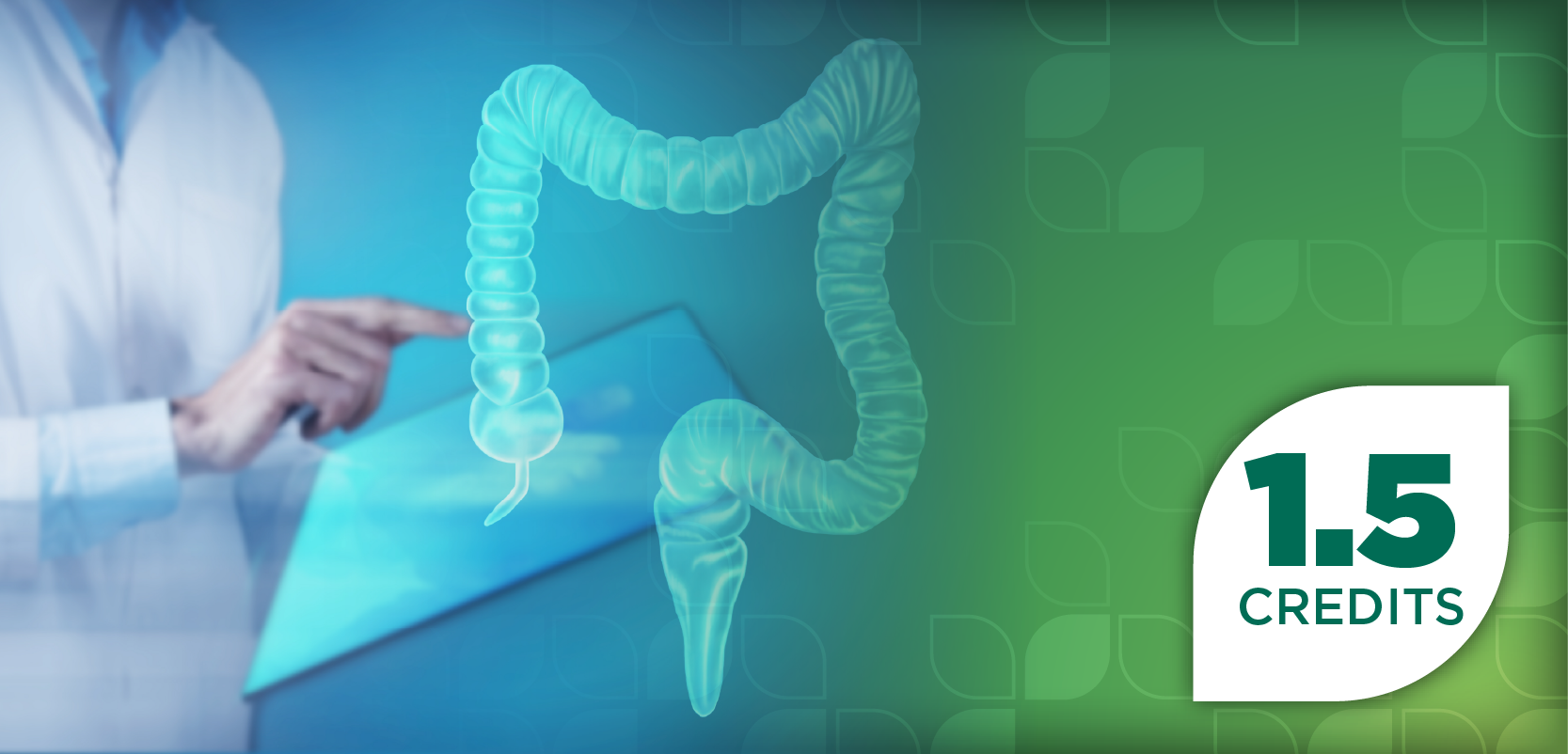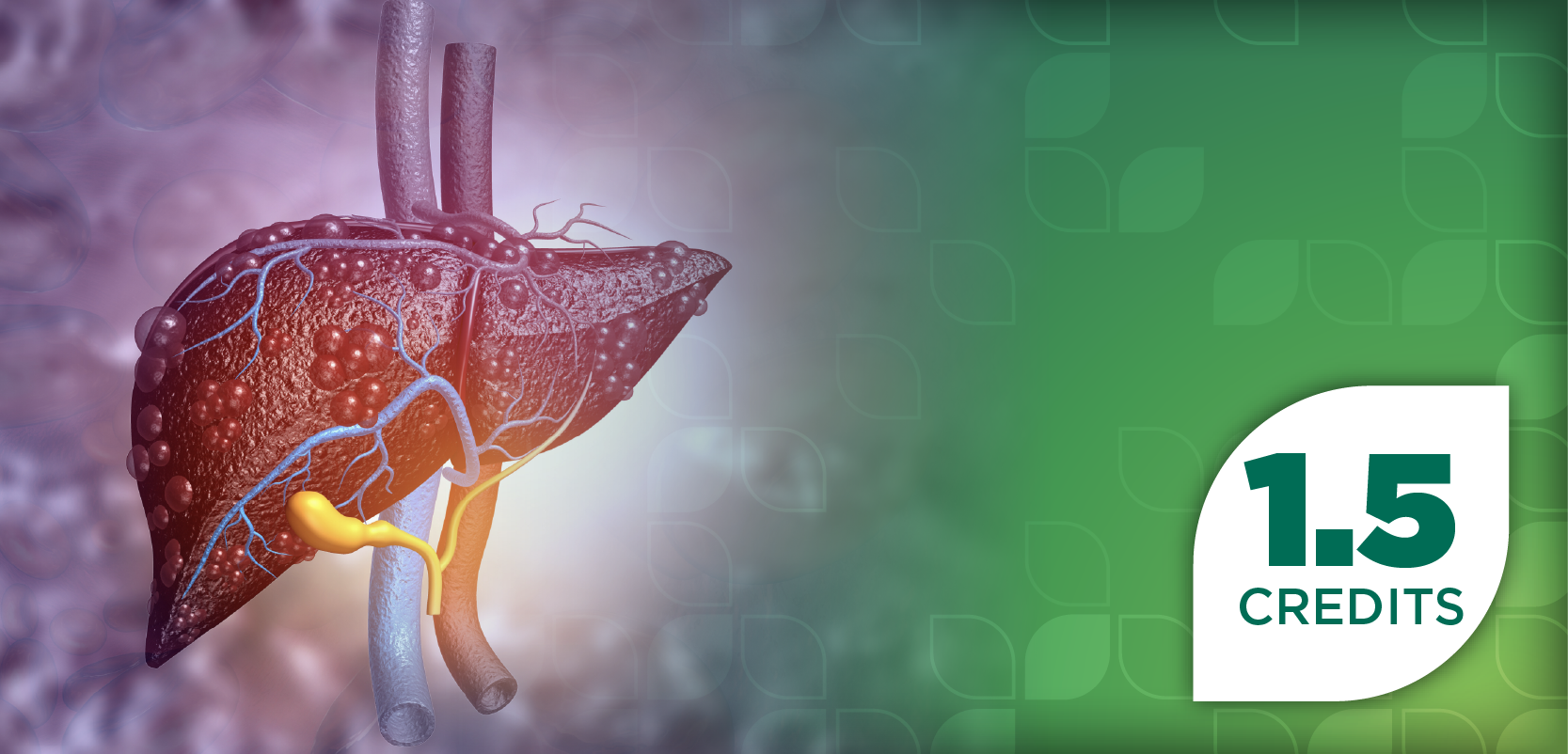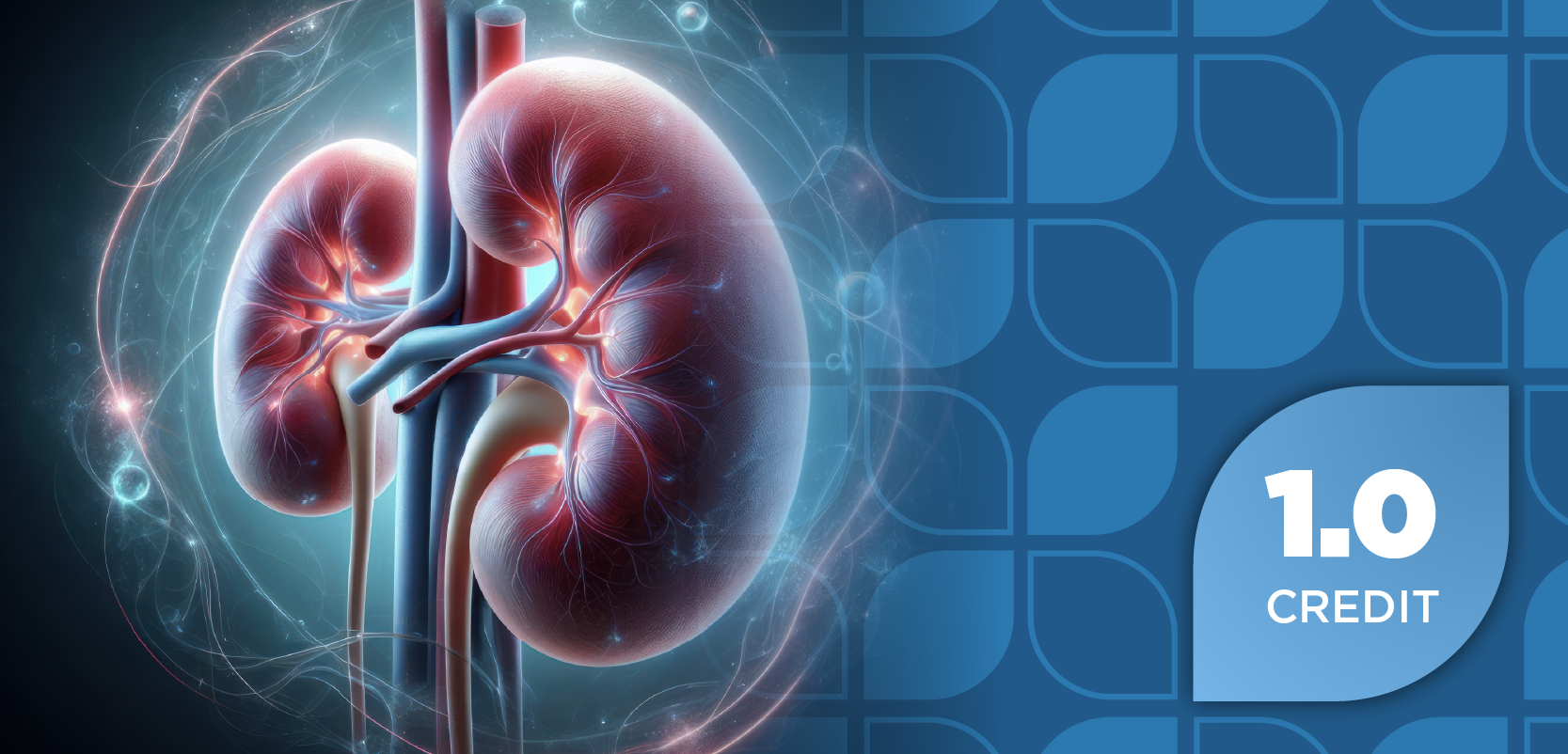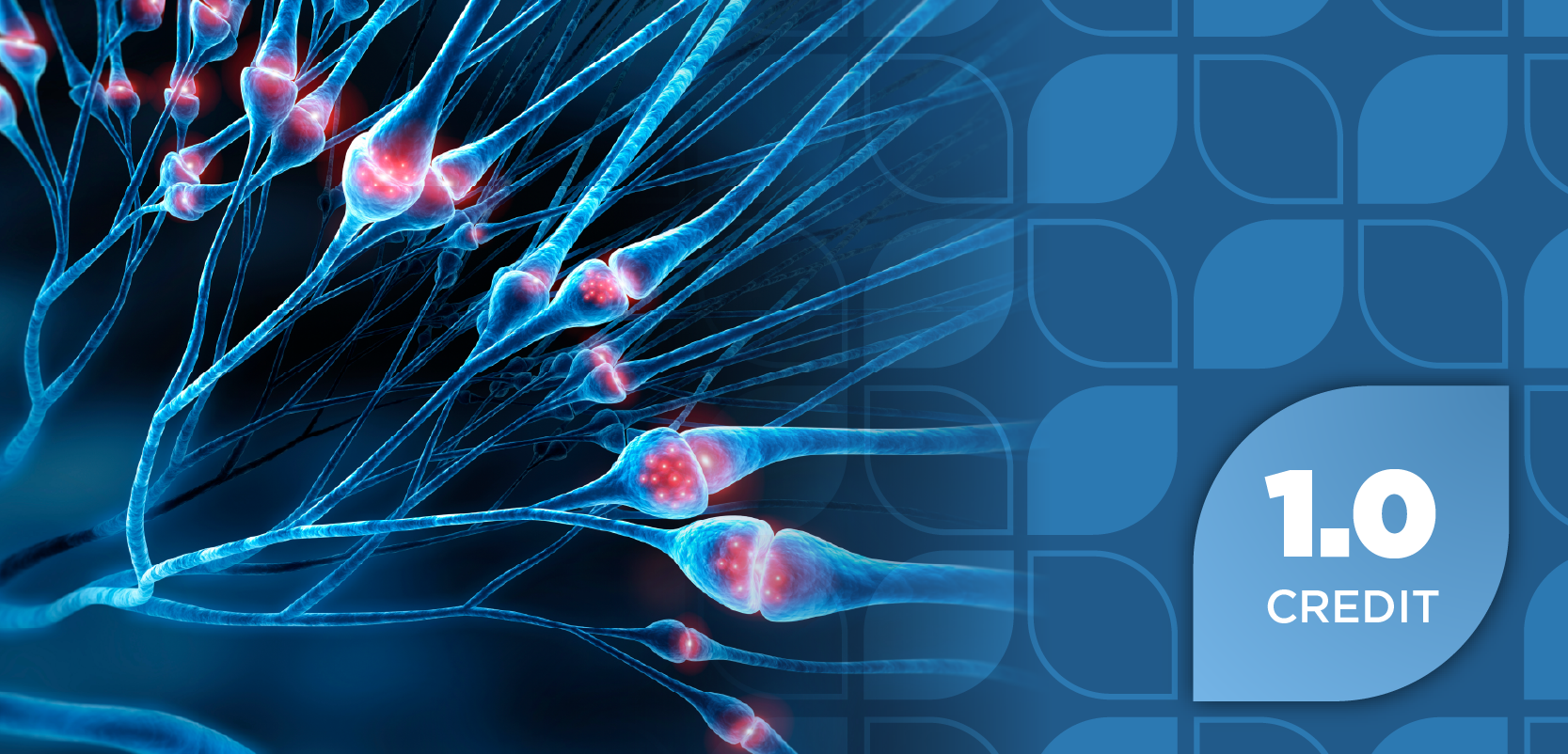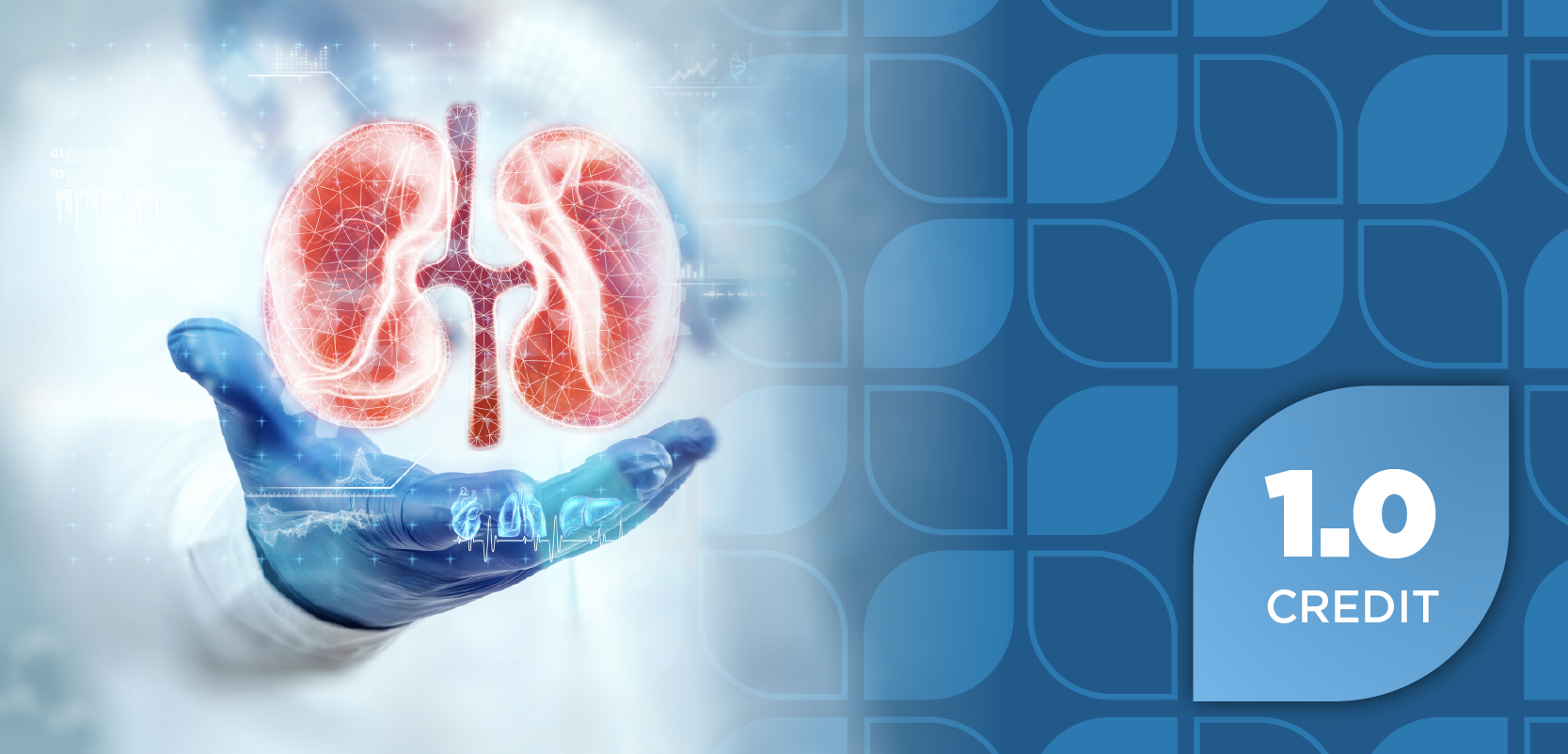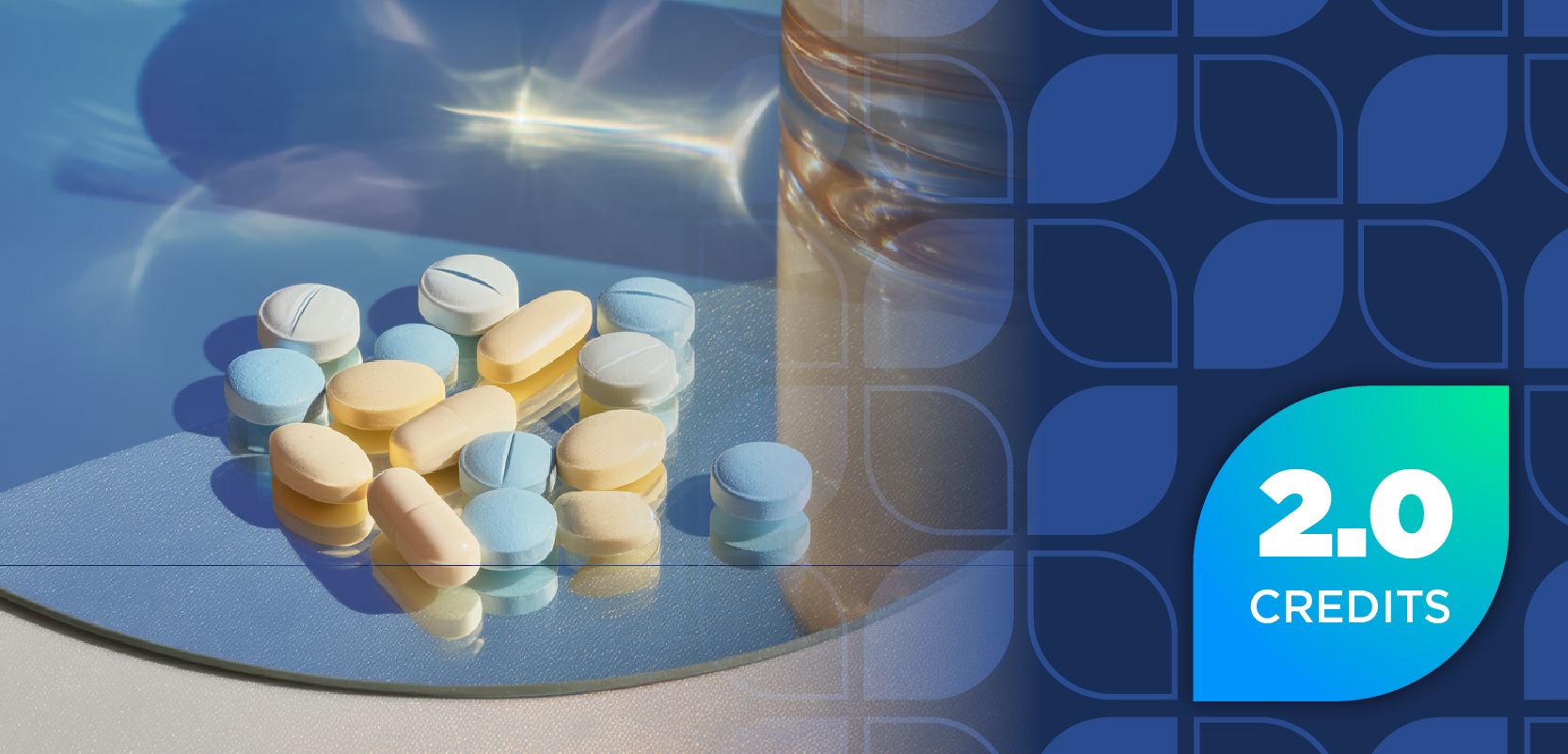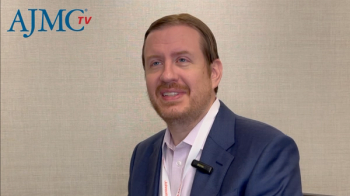
How Critical Care Experience Shapes Research Mentorship, Project Selection: Jeremiah J. Duby, PharmD, BCPS, BCCCP
Critical care experience shapes how Jeremiah J. Duby, PharmD, BCPS, BCCCP, mentors pharmacy residents, guiding project choice, problem-solving, and collaboration.
Jeremiah J. Duby, PharmD, BCPS, BCCCP, continues his discussion with The American Journal of Managed Care® by sharing how his background as a critical care pharmacist shapes his approach to mentorship and project selection as a research advisor to pharmacy residents at the University of California, Davis.
Watch
This transcript has been lightly edited; captions were auto-generated.
Transcript
How does your background as a critical care pharmacist influence the way you approach research mentorship and project selection?
I spent about 20 years in critical care before shifting into a role where I went from mostly doing patient care and doing quality improvement and research sort of as a side hustle to doing mostly research and quality improvement all day long. What I would say is that the quality improvement and research I did as that side hustle really is what prepared me for it being a full-time job. That passion for patient care is still what carries me through each day. Now, it's what connects me back to the patient.
I can communicate a lot more readily and easily than I think some of my PhD colleagues in biostatistics can, for example. They really struggle understanding the problem, understanding the outcomes, the explanatory and response variables don't come as easily to them, and the co-linear variables don't come as easily to them. They don't understand the masking and interactions that can occur, other than what they can see mathematically. I can understand those things a lot better clinically. I think just having, again, that connection back to the patient, to the staff person at the bedside or in the clinic, is invaluable.
I also think it prepared me in terms of just triaging problems. It's a lot easier to do research when no one's dying. That was kind of the first big epiphany coming into the job is, on a daily basis, working in critical care, the stakes really are all or nothing. You have to get it right; every decision matters.
I think in research, there's a little more room to just explore, to make mistakes. But having that context of this being much more experimental, hypothetical, no one's going to die if this email doesn't go out today or if we don't make a decision about this today, I think having that context allows me to maintain perspective and triage the problems that do come up all day long. There's always another data visualization challenge, another coding problem, another crisis involving a resident or staff person. I think it really helps to have that background.
Also, just working with different people, including difficult people. I mean, we collaborate with a lot of physician and nurse colleagues on our projects. I interact with staff, residents, and leadership all day long. Not all those interactions are perfect and stress-free, so I think having that background, I worked with trauma surgeons and critical care nurses all day long, understanding that their behavior may be negative, or you may encounter heat and noise with that friction of interacting with people that are stressed out, I think really helps to maintain that calm and focus on the problem, which is kind of the unifying thing, I think, in any group dynamic, so that's helped me a lot.
Newsletter
Stay ahead of policy, cost, and value—subscribe to AJMC for expert insights at the intersection of clinical care and health economics.


